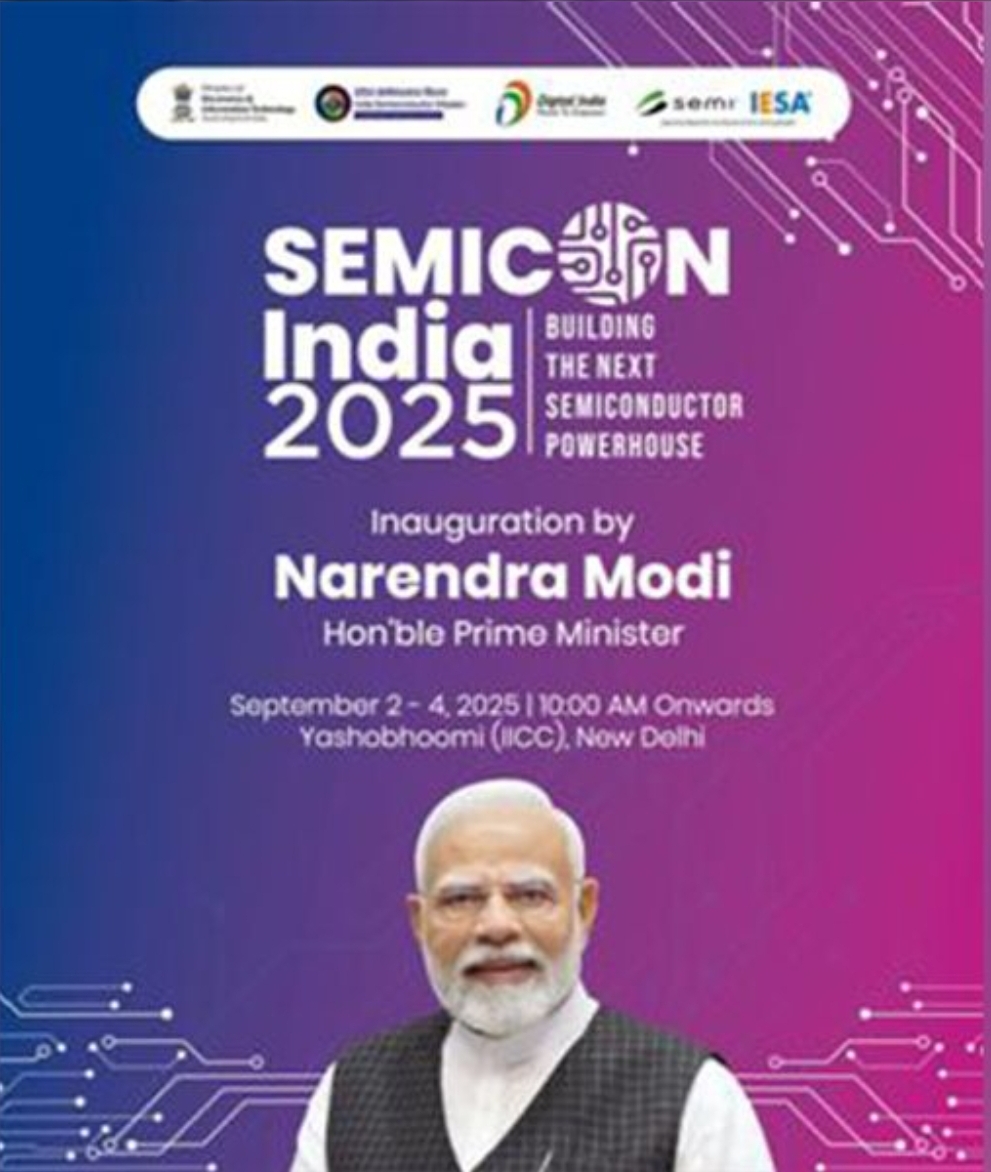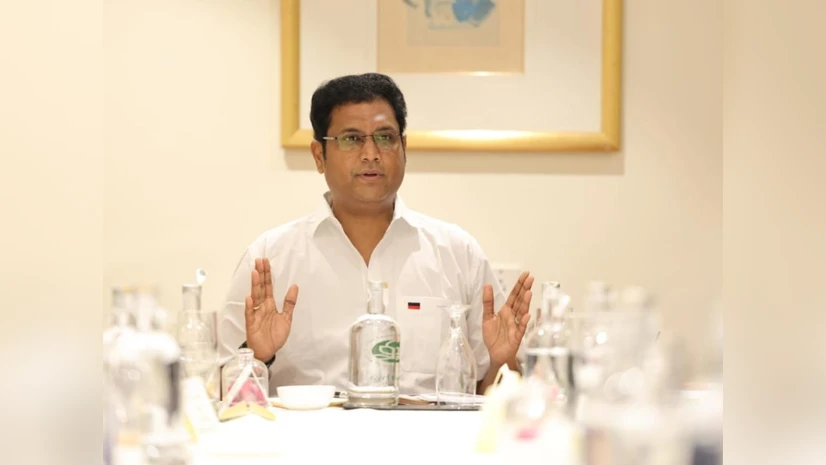
Bridging the Skill Gap : Where are the Jobs for India’s Engineers?
- Chinmay
- August 12, 2025
- Artificial Intelligence, India
- AI ML skill gap India, AI skills demand engineers India, employability rate Indian engineers, engineering jobs India 2024, future of engineering jobs India, industry academia disconnect, mandatory internships engineering India, Niti Aayog electronics engineers skills, TeamLease engineering report
- 0 Comments
For decades, engineering was considered a guaranteed ticket to success in India. It brought prestige, job security, and a future-proof career path. But in 2024, the numbers tell a much harsher story.
Only 10% of this year’s 15 lakh engineering graduates are expected to land jobs.
Even premier institutions like IITs are feeling the pinch, with placement rates dropping to 60%. The root cause? A widening skills gap and a broken link between academia and industry.
From Boom to Saturation
- Post-independence industrialisation and the 1990s IT revolution made engineering the default career choice.
- Colleges mushroomed to meet demand, but quality and industry relevance did not keep pace.
- Today, India produces 1.5 million engineering graduates annually — but most lack job-ready skills.
The Current Employment Crisis
- TeamLease report: Only 10% of engineering graduates in 2024 will be employed.
- 60% of graduates actively seek jobs, but only 45% are considered employable by industry standards.
- AI, EVs, semiconductors, and other emerging technologies are reshaping demand — but most graduates aren’t equipped for these high-tech roles.
- Niti Aayog: 80% of India’s electronics engineers lack the skills to thrive in their own field.
The Industry–Academia Disconnect
The biggest pain point is the mismatch between what’s taught in classrooms and what companies actually need:
- Outdated curricula with minimal focus on real-world problem-solving.
- Little to no exposure to hands-on projects or industry-grade tools.
- Limited access to internships or apprenticeships.
- Poor collaboration between universities and industry leaders to shape training.
What Employers Say
- Anikit Aggarwal, Unstop: Graduates know AI/ML basics but lack real-world problem-solving skills.
- Abhimanyu Saxena, Scaler: No direct collaboration between academia and industry leaders; industry professionals must guide students.
- AR Ramesh, TeamLease: Apprenticeships and internships are critical — “Only those with practical exposure will survive the job market.”
Global Benchmarks India Can Learn From
- University of Waterloo, Canada: Students must complete 12+ months of internships during their degree.
- Recommendation: Blend theory with industry work for at least 2 years of the 4-year course.
Bridging the Gap: The Way Forward
- Revamp Curricula → Align courses with AI, data science, EVs, semiconductors, and cybersecurity demand.
- Mandatory Internships → At least 12–24 months of industry experience during the degree.
- Industry-Driven Faculty Engagement → Involve professionals actively working in the field in course design and delivery.
- Government–Industry–Academia Collaboration → Scale NEP reforms to ensure job-ready graduates.
- Early Student Mindset Shift → Focus on employability, not just degrees.
The Bottom Line
India’s tech industry will need 1 million+ engineers skilled in AI and advanced tech in the next 2–3 years.
If the current disconnect continues, the digital talent gap will widen from 25% today to 30% by 2028 — even as millions of general engineering graduates remain unemployed.





